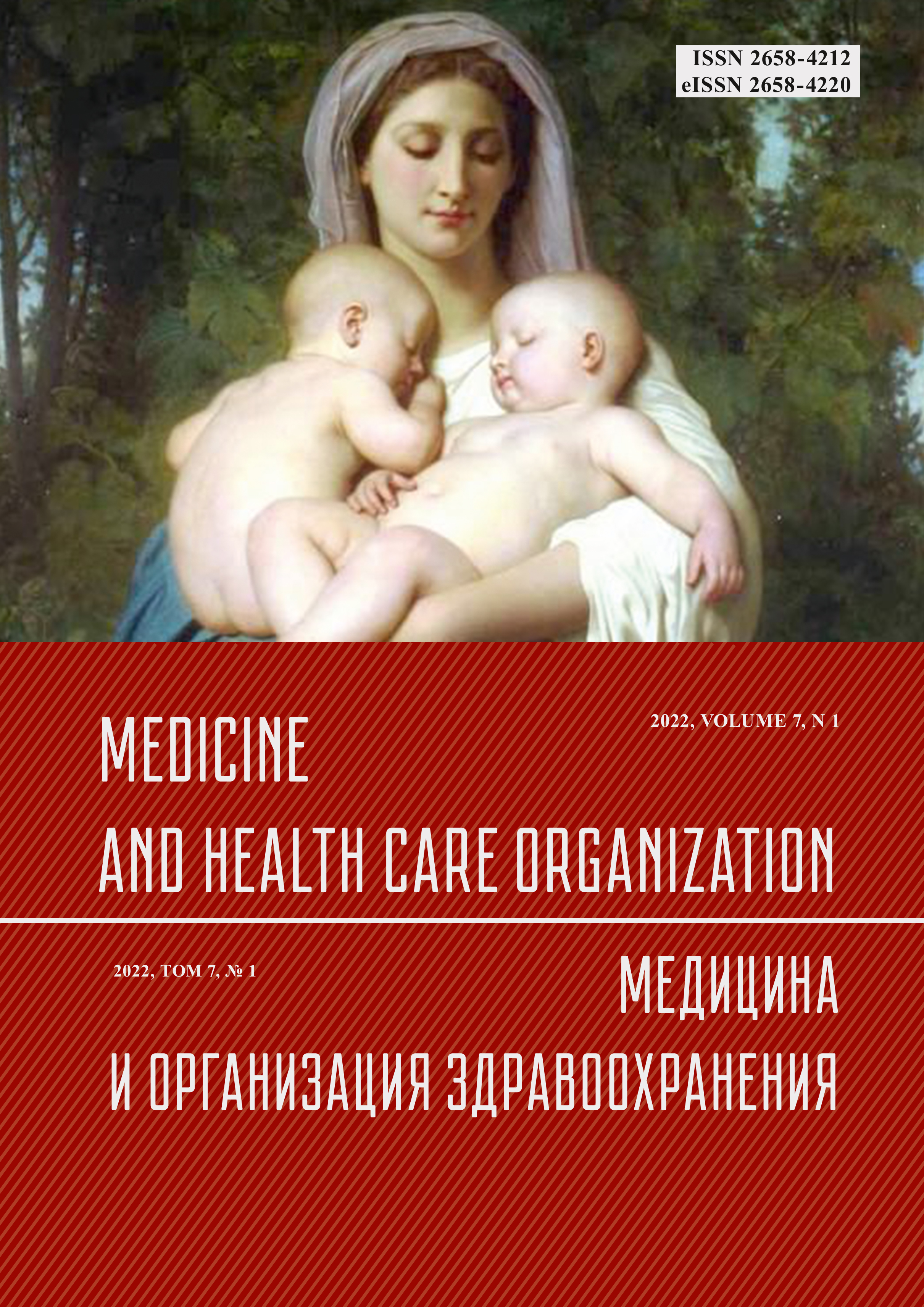EXISTENTIAL MEANING OF CHARITY: FROM SPIRITUAL FREEDOM AND SEARCH OF THE ESSENCE OF LIFE TO READINESS TO ASSIST AND COMPASSION
Abstract
The article discusses the question of the meaning of charity for the person who commits a merciful act (a person in general and a doctor in particular). Does the “giver” gain anything, taking into account the fact that genuine mercy does not require gratitude, love, and recognition in return; does not come from the mind, but from the heart? Is there “inner” meaning of mercy, which often requires self -sacrifice and, at times, is not rewarded with gratitude? What does it give to man as such? What is the benefit of a physician whose profession is so closely associated with mercy? The existential (personal) meaning of mercy is revealed on the basis of the experience of leading religious traditions (Buddhism, Judaism, Christianity, Islam); existential philosophy and related doctrines (N. Berdyaev, G. Marcel, M. Buber, E. Levinas); existential psychology and psychotherapy (I. Yalom, R. May, E. Van Dorzen, E. Ryazantseva). As the realization of a specifically human ability to rise above the selfish interests, to act not for profit and not in search of gratitude, an act of sincere mercy is seen as a manifestation of spiritual freedom. It reveals truly human traits in a person, gives a sense of the fullness of being and gives meaning to life. The profession of a doctor, the very essence of which is to help suffering people, contains the maximum opportunities for existential development, the realization of “truly human” in a person through the disclosure of the inner resource of mercy. True (sincere) mercy, which does not require recognition or rewards, makes the medical activity highly meaningful, supports the doctor in his hard work.



